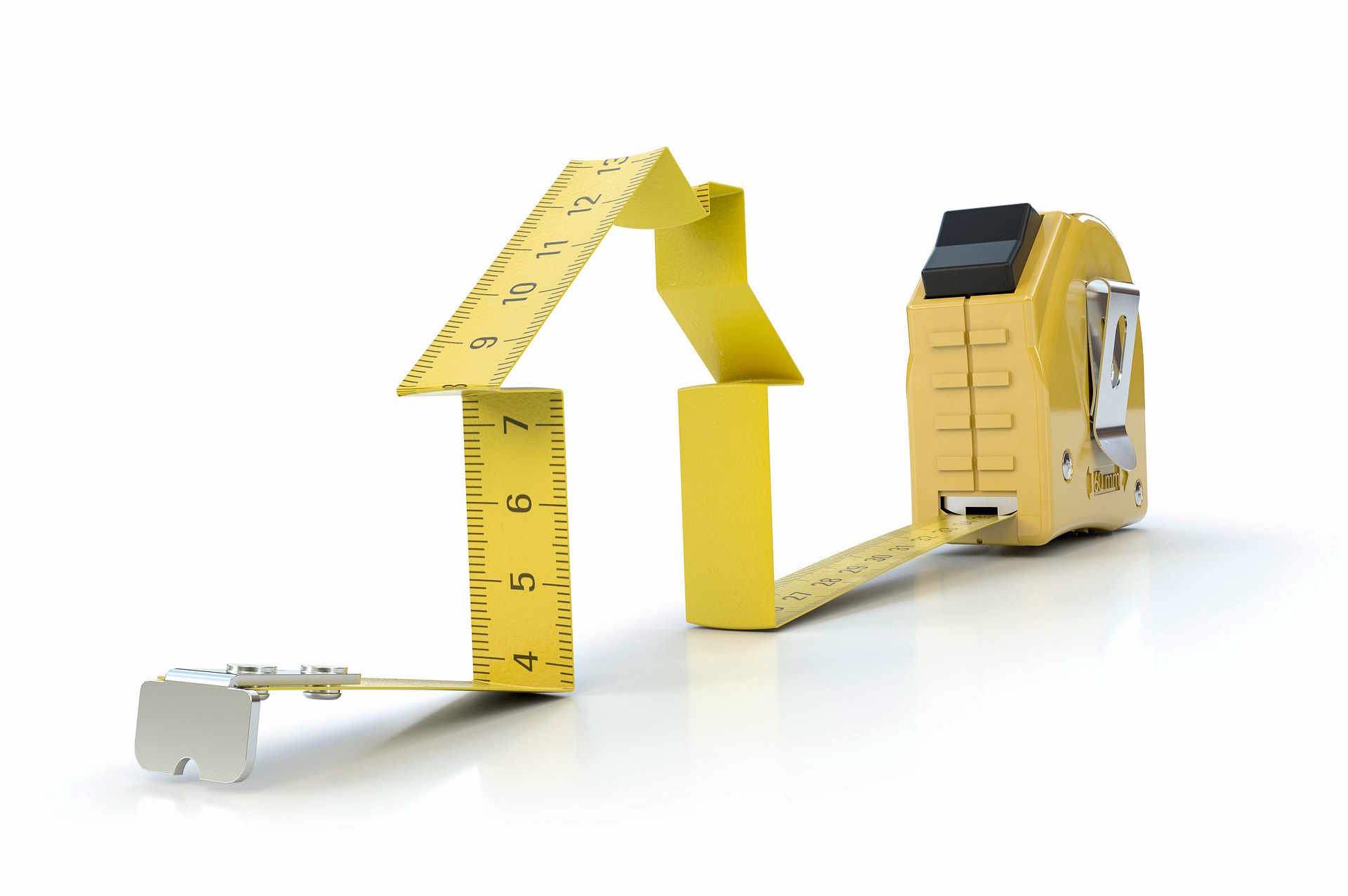How Home Value Is Calculated: A Complete Guide
Understanding how home value is calculated is essential for both buyers and sellers in today's real estate market. Home valuation involves multiple factors and methodologies that work together to determine a property's worth. This comprehensive guide breaks down the key components and processes used by professionals to assess residential property values.

Main Factors That Influence Home Value
Location remains the paramount factor in determining home value. Properties in desirable neighborhoods with good schools, low crime rates, and convenient amenities typically command higher prices. Other crucial factors include:
-
Square footage and lot size
-
Age and condition of the property
-
Recent renovations or upgrades
-
Local market conditions
-
Proximity to employment centers
-
Zoning regulations and future development plans
Understanding Home Value Calculators
Home value calculators use automated valuation models (AVMs) to estimate property worth. These tools analyze:
-
Recent sales of comparable properties
-
Public property records
-
Tax assessments
-
Historical price trends
-
Economic indicators
While convenient, these calculators should be considered as starting points rather than definitive valuations. Most reputable calculators provide a value range rather than a single figure to account for market variables.
Professional Valuation Methods
Licensed appraisers use three main approaches to determine home value:
-
Sales Comparison Approach - Analyzing similar properties recently sold
-
Cost Approach - Estimating replacement cost minus depreciation
-
Income Approach - Calculating potential rental income (primarily for investment properties)
Common Mistakes in Estimating Home Value
Many homeowners make these frequent valuation errors:
-
Overvaluing renovations and upgrades
-
Ignoring comparable sales in the area
-
Failing to account for market conditions
-
Relying solely on tax assessments
-
Not considering property condition objectively
Current Market Value Estimators
| Estimation Method | Provider | Typical Accuracy Range |
|---|---|---|
| Online AVM | Zillow | 75-85% |
| Broker Price Opinion | Local Agents | 80-90% |
| Professional Appraisal | Licensed Appraiser | 90-95% |
| Tax Assessment | County Assessor | 70-80% |
Prices, rates, or cost estimates mentioned in this article are based on the latest available information but may change over time. Independent research is advised before making financial decisions.
Final Considerations
Accurate home valuation requires considering multiple data points and approaches. While online tools provide quick estimates, professional appraisals remain the gold standard for determining precise market value. Regular monitoring of local market trends and maintaining detailed records of home improvements can help homeowners better understand their property’s worth over time.




